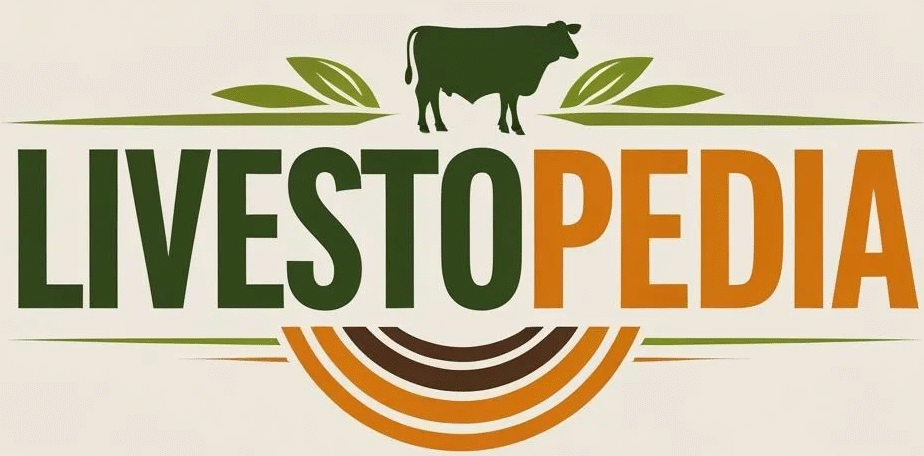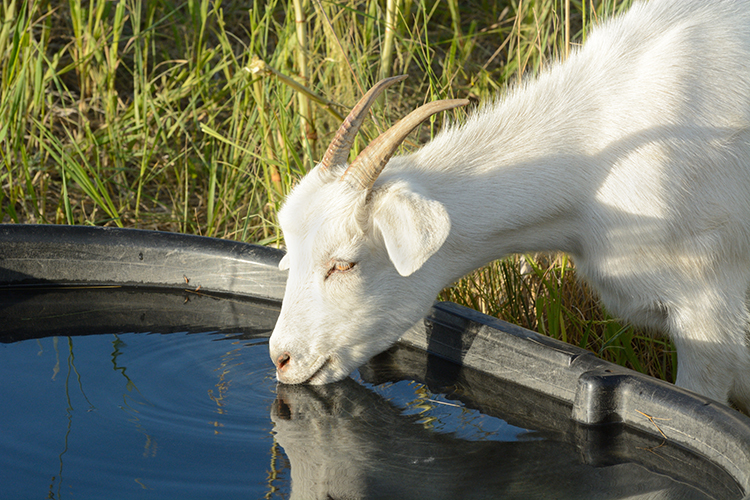Vitamins and minerals are critical for maintaining turkey health, supporting rapid growth, and ensuring high productivity.
While turkeys can obtain much of their nutrition from well-formulated feeds, deficiencies in key micronutrients can lead to stunted growth, weak bones, poor feathering, and reduced resistance to disease.
Understanding the role of these nutrients, and how to provide them consistently, is essential for any farmer aiming for strong, market-ready birds.
Among the vitamins, vitamin A plays a crucial role in vision, immune defense, and healthy skin and mucous membranes. Deficiency can lead to poor growth, eye problems, and increased susceptibility to infections.
Vitamin D3 is equally vital, as it regulates calcium and phosphorus absorption, ensuring proper bone development and eggshell formation. Without adequate vitamin D, turkeys may suffer from rickets or brittle bones.
Vitamin E, often paired with selenium, is an antioxidant that protects cells from damage, supports muscle health, and strengthens immunity, especially important in fast-growing commercial strains.
B-complex vitamins, including B1 (thiamine), B2 (riboflavin), B6, and B12, are involved in energy metabolism, nerve function, and red blood cell production. A lack of these vitamins can cause nervous disorders, poor feed conversion, and slow growth.
Niacin is particularly important for turkeys, as they have higher requirements than chickens; insufficient niacin can result in leg deformities and difficulty walking.
Folic acid supports blood formation and is essential during breeding for healthy embryo development.
Minerals are just as important. Calcium and phosphorus form the foundation for strong bones and eggshells, but they must be provided in the correct ratio to prevent metabolic bone disease.
Sodium and chloride help maintain fluid balance and nerve function, while potassium supports muscle activity and electrolyte balance.
Trace minerals such as zinc, manganese, and iron are needed in smaller amounts but have major roles in enzyme function, feather growth, and oxygen transport.
Selenium, often included alongside vitamin E, helps protect against muscle degeneration and supports immune resilience.
These nutrients are usually supplied through a well-balanced commercial feed, but farmers can also provide them via premixes when formulating homemade rations.
Foraging birds may benefit from free-choice access to mineral supplements, especially calcium sources like crushed oyster shell or limestone. However, over-supplementation can be as harmful as deficiencies, so precise formulation is essential.

